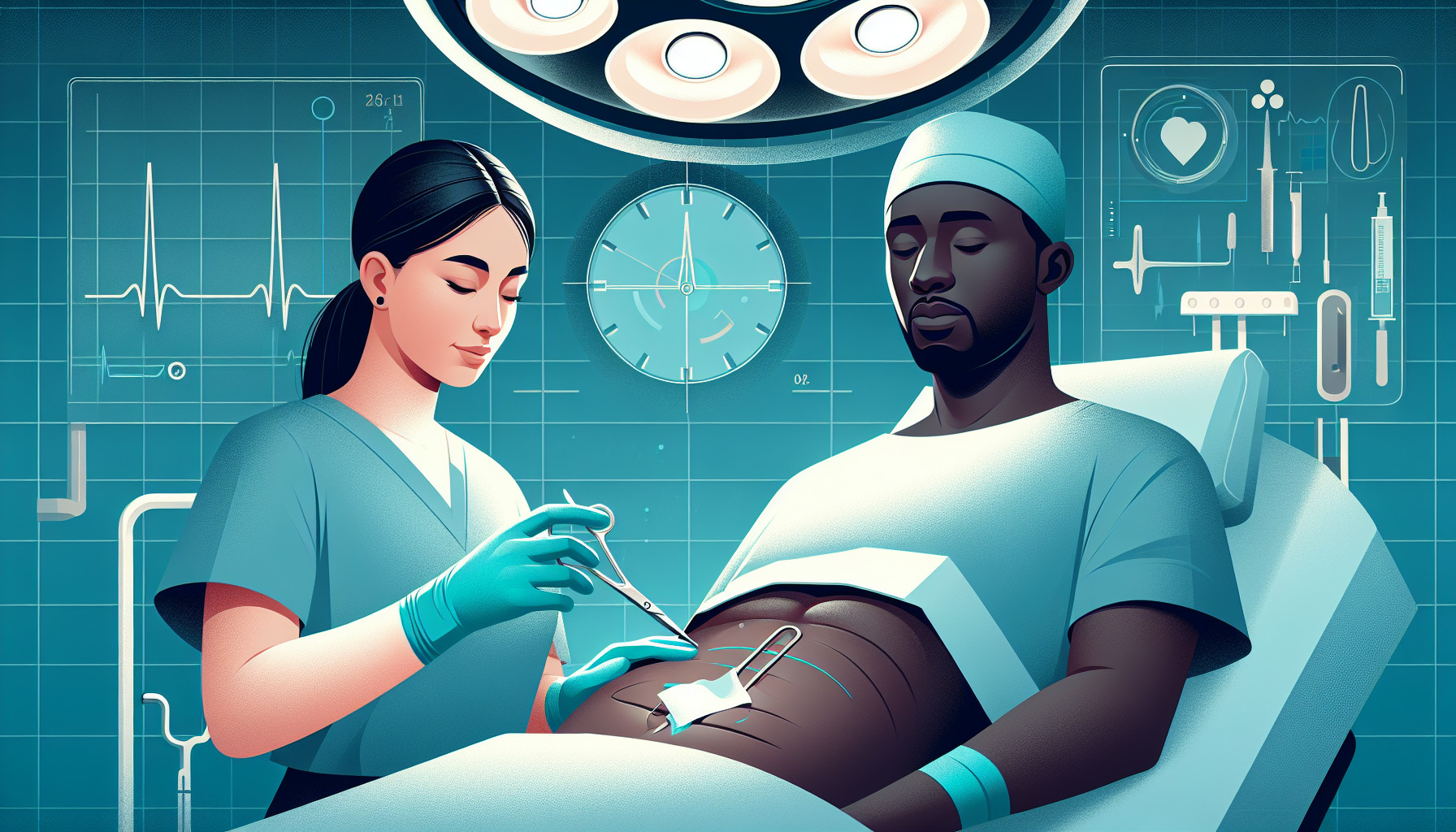Our Summary
This research paper investigates the link between surgery for inflammatory bowel disease (IBD) and the risk of developing mental health issues. The study followed specific guidelines and included 12 other studies, covering 4340 patients. The results showed that patients who had surgery for IBD were more likely to develop depression compared to patients who had surgery for other conditions like hernias. However, this wasn’t the case when compared to cancer patients. The study also found that people with Crohn’s disease (a type of IBD) were at a higher risk of depression after surgery compared to those who didn’t have surgery. Meanwhile, patients with ulcerative colitis (another type of IBD) had a higher risk of anxiety after surgery when compared to patients who had surgery for colorectal cancer. Other factors, such as having other health conditions and being female, also increased the risk of depression and anxiety after surgery. However, due to the potential bias in the studies, the paper could not provide a definitive answer regarding the risk of mental health issues after IBD surgery, although an increased risk was indicated.
FAQs
- Does surgery for inflammatory bowel disease increase the risk of developing mental health issues?
- Are patients with Crohn’s disease or ulcerative colitis more likely to suffer from depression or anxiety after surgery?
- How did the risk of developing mental health issues after IBD surgery compare to the risk after surgery for other conditions, such as hernias or cancer?
Doctor’s Tip
A doctor might tell a patient undergoing diverticulitis surgery to closely follow post-operative care instructions, including taking prescribed medications, eating a high-fiber diet, staying hydrated, and avoiding strenuous activity to promote proper healing and reduce the risk of complications. It is also important for patients to communicate any concerns or symptoms to their healthcare provider promptly.
Suitable For
Patients with severe or recurrent diverticulitis, complications such as abscesses, fistulas, or bowel obstructions, or those who do not respond to conservative treatments may be recommended diverticulitis surgery. Additionally, patients who have a compromised immune system, are elderly, or have a history of multiple episodes of diverticulitis may also be candidates for surgery. Ultimately, the decision to undergo surgery for diverticulitis is made on a case-by-case basis by a healthcare provider in consultation with the patient.
Timeline
Before diverticulitis surgery:
- Patient experiences symptoms of diverticulitis such as abdominal pain, fever, nausea, and changes in bowel habits.
- Patient undergoes diagnostic tests such as a CT scan or colonoscopy to confirm the diagnosis.
- Patient may be treated with antibiotics and a liquid diet to manage symptoms and reduce inflammation.
- If symptoms are severe or recurrent, surgery may be recommended to remove the affected portion of the colon.
After diverticulitis surgery:
- Patient undergoes surgery to remove the affected portion of the colon, either through traditional open surgery or minimally invasive laparoscopic surgery.
- Patient stays in the hospital for a few days to recover from the surgery and manage pain.
- Patient may be placed on a liquid diet initially and gradually transition to solid foods as the bowel heals.
- Patient may experience temporary side effects such as bloating, gas, and changes in bowel habits as the digestive system adjusts.
- Patient may be prescribed pain medications and antibiotics to prevent infection.
- Follow-up appointments with the surgeon and gastroenterologist are scheduled to monitor recovery and ensure the success of the surgery.
- Patient may be advised to make dietary and lifestyle changes to prevent future episodes of diverticulitis.
- Patient may be referred to a dietitian or physical therapist for additional support in recovery.
- Long-term follow-up may be needed to monitor for any complications or recurrence of diverticulitis.
What to Ask Your Doctor
- What are the potential risks and complications associated with diverticulitis surgery?
- How long is the recovery period after diverticulitis surgery?
- Will I need to make any lifestyle changes or follow a specific diet after surgery?
- What is the success rate of diverticulitis surgery in terms of relieving symptoms and preventing future flare-ups?
- Are there any alternative treatments or less invasive procedures that could be effective for my condition?
- Will I need to take any medications after surgery, and if so, what are the potential side effects?
- How long will I need to stay in the hospital after diverticulitis surgery?
- Are there any long-term effects or complications associated with diverticulitis surgery that I should be aware of?
- Will I need to undergo any additional procedures or follow-up appointments after surgery?
- What can I do to help ensure a successful outcome and minimize the risk of complications during and after diverticulitis surgery?
Reference
Authors: Zangenberg MS, El-Hussuna A. Journal: World J Gastroenterol. 2017 Dec 28;23(48):8651-8659. doi: 10.3748/wjg.v23.i48.8651. PMID: 29358872
